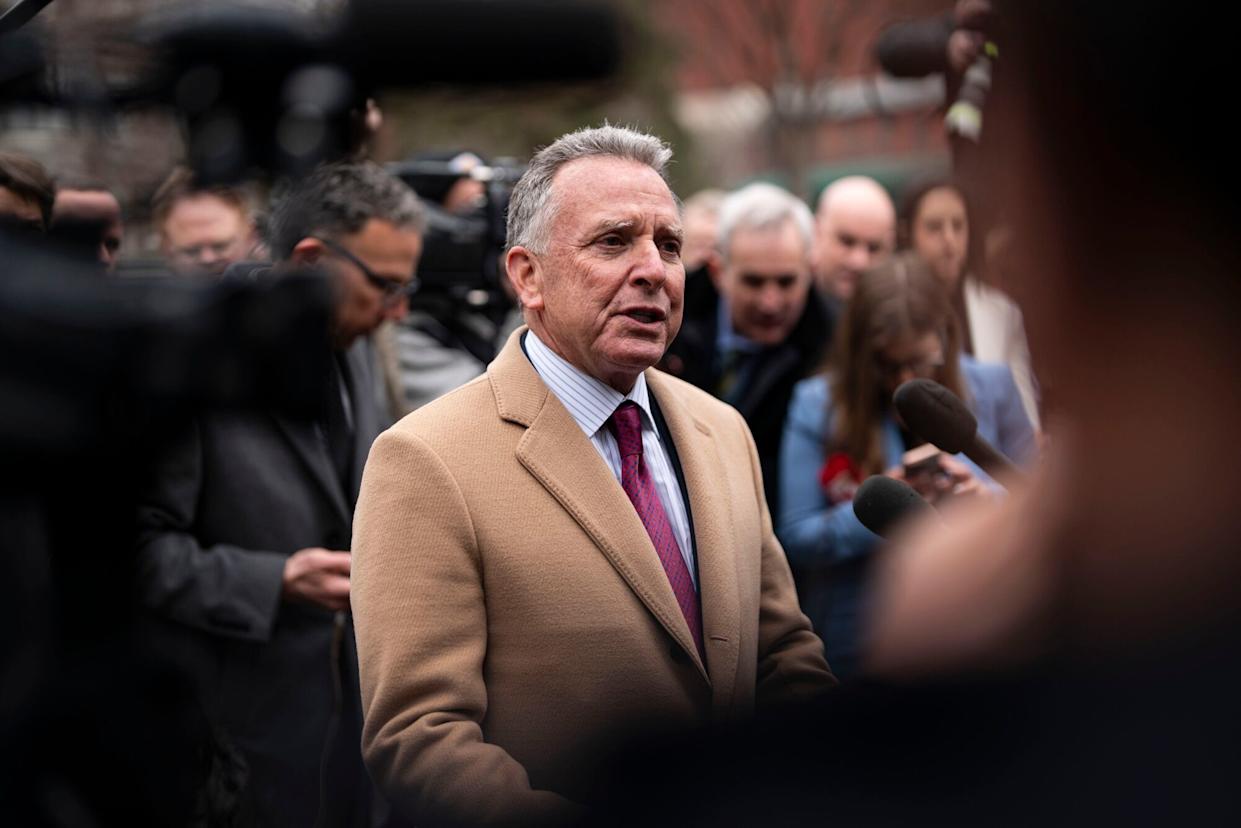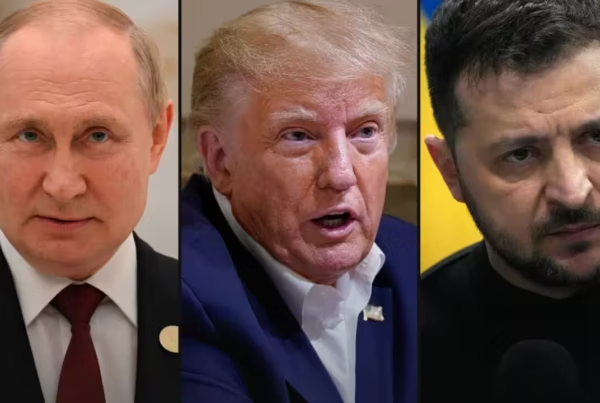Already a subscriber? Make sure to log into your account before viewing this content. You can access your account by hitting the “login” button on the top right corner. Still unable to see the content after signing in? Make sure your card on file is up-to-date.
President Donald Trump’s special envoy has signaled that the US could tolerate a tightly monitored Iranian civilian nuclear program, a notable reversal from the administration’s previous stance of total dismantlement.
Some shit you should know before you read: If you’re unaware, last week US and Iranian officials held a rare round of indirect nuclear talks in Oman, marking the Trump administration’s first major engagement with Iran on the issue. The US entered the negotiations demanding the complete dismantling of Iran’s nuclear program, aiming to eliminate both its enrichment capabilities and any potential pathways to weaponization. Iran, however, arrived with firm red lines, refusing to give up its nuclear program—which it claims is solely for civilian purposes—and instead pushed for the lifting of crippling economic sanctions to continue talks. Meanwhile, Israel has voiced strong opposition to any deal that allows Iran to retain even a civilian nuclear program. Israeli Prime Minister Benjamin Netanyahu is urging the US to adopt the “Libya model,” under which Libya in 2003 surrendered its entire nuclear infrastructure—including centrifuges, uranium stockpiles, and weapons development equipment—which was then dismantled under US supervision.

What’s going on now: In a notable development, President Donald Trump’s special envoy, Steve Witkoff, has softened the administration’s previous stance on Iran’s nuclear program, signaling a willingness to accept a tightly monitored civilian nuclear program—so long as it is kept under strict verification and enrichment remains capped at 3.67%. This represents a significant pivot from the administration’s earlier demand for a total dismantling of Iran’s nuclear capabilities, including both enrichment facilities and weapons-related infrastructure.
Witkoff emphasized that any final deal must eliminate Iran’s weaponization efforts and be enforced through rigorous inspections covering enrichment levels, missile stockpiles, and bomb-trigger components.
Witkoff’s remarks have sparked comparisons to the Joint Comprehensive Plan of Action (JCPOA), the 2015 nuclear accord brokered by the Obama administration. Critics argue that the Trump team’s current approach mirrors many aspects of that deal, which Trump once derided as weak and ultimately withdrew from in 2018. The JCPOA permitted Iran to enrich uranium up to 3.67% for civilian use and mandated strict international inspections for 10 to 15 years. In exchange, Iran received sanctions relief and regained access to international financial systems.
Notably, Trump’s new deal would end the “sunset provisions” that allowed enrichment restrictions to gradually expire, a feature Witkoff now appears to oppose, stating that any new agreement must enforce permanent limits.






